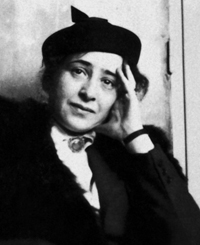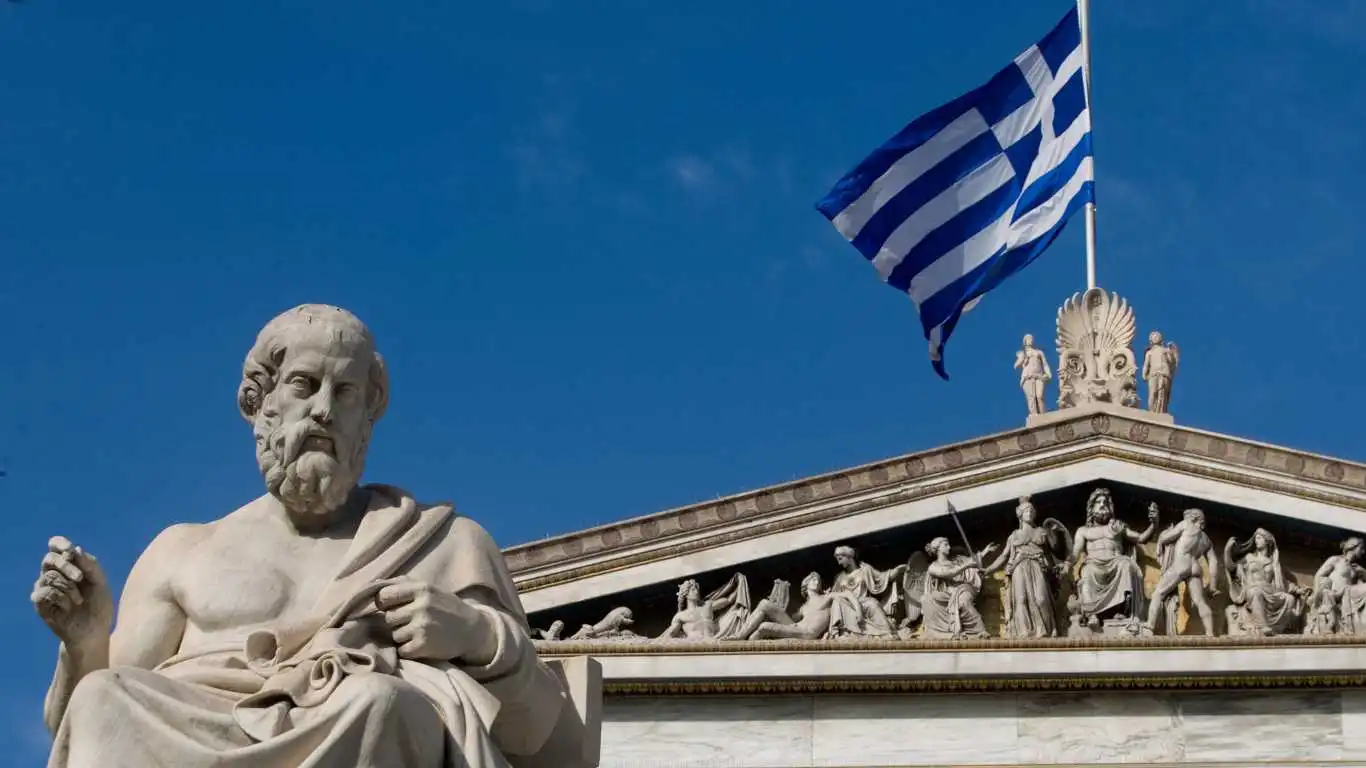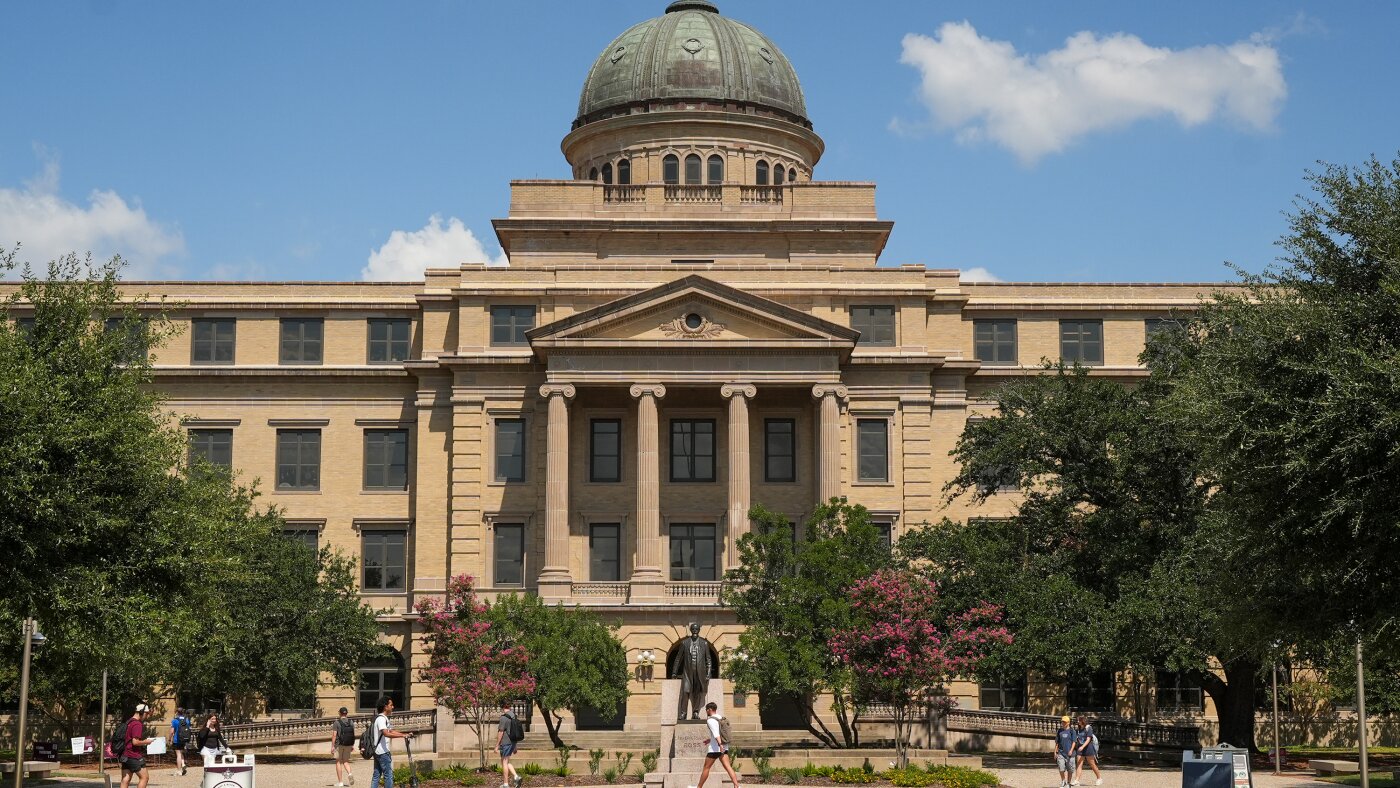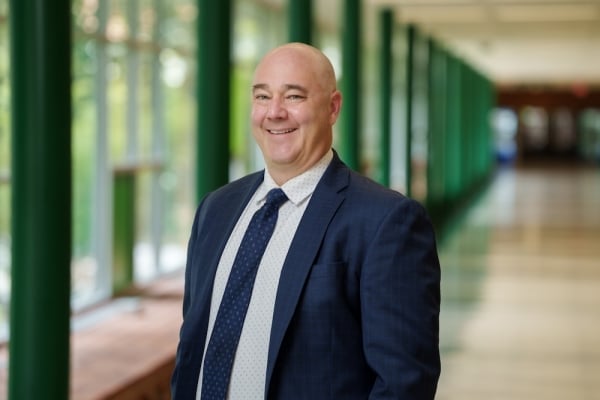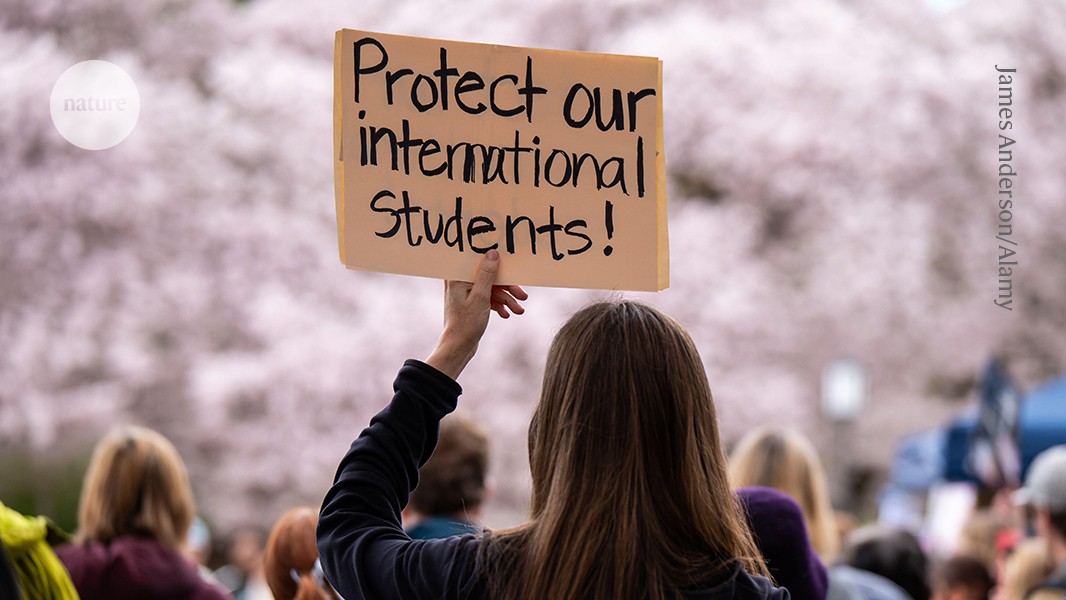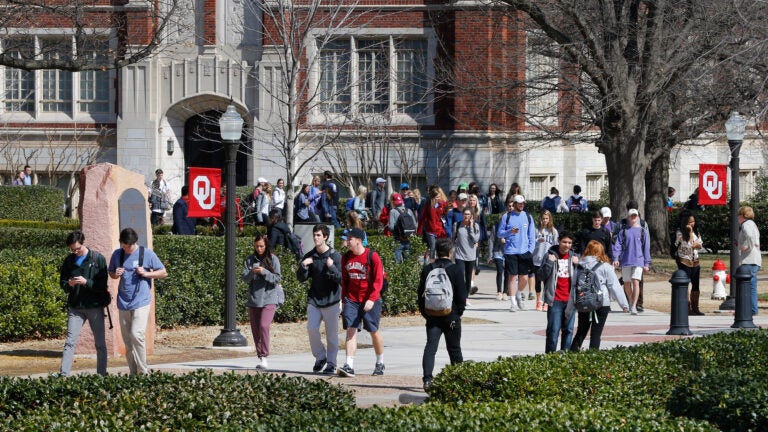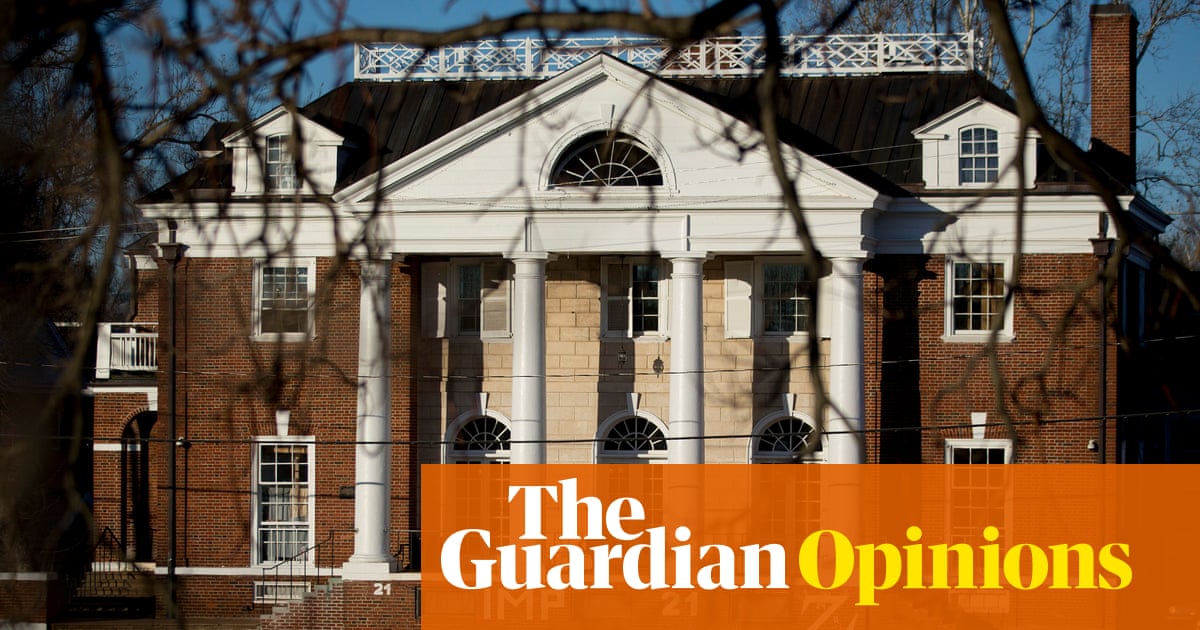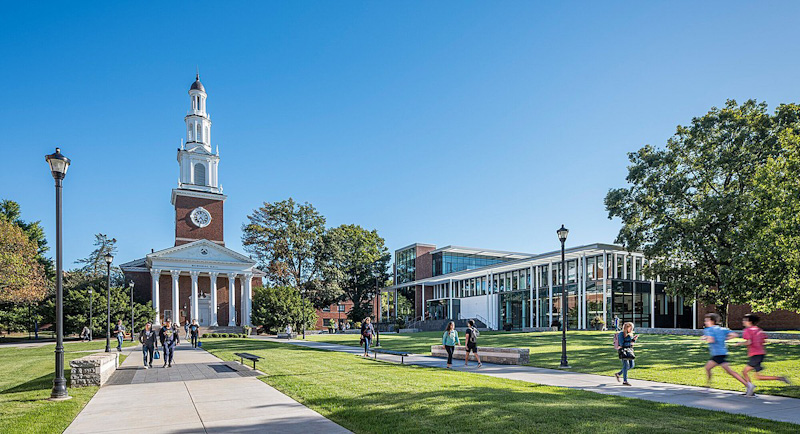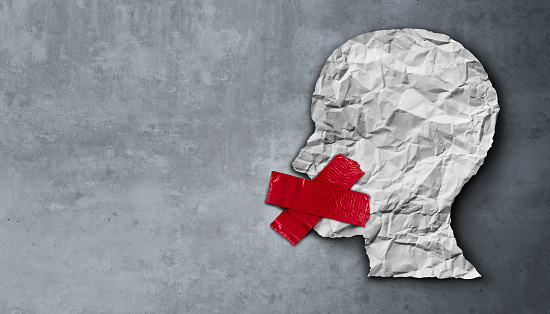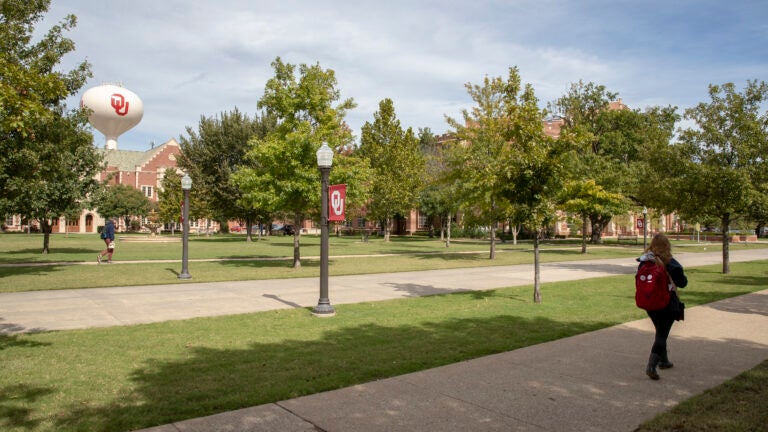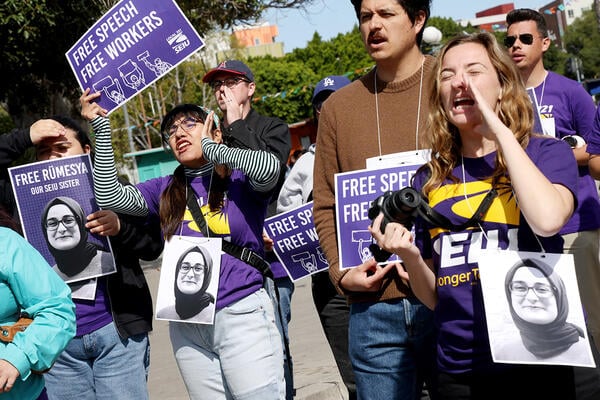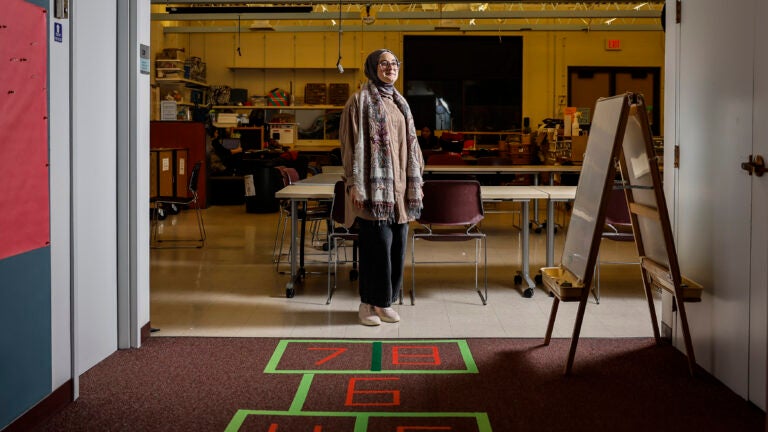fromInside Higher Ed | Higher Education News, Events and Jobs
11 hours agoOf Course Faculty Will Take Political Positions in the Classroom
We argue that "faculty members could hold strong viewpoints and yet act in accordance with the highest professional standards." We state emphatically that "it is not possible to make faculty experts refrain from articulating any political viewpoint" while adding that "it is possible to require that they limit the viewpoints expressed in classes to those that are academically justifiable and germane, and to create a space in class where other defensible positions can be expressed."
Higher education
